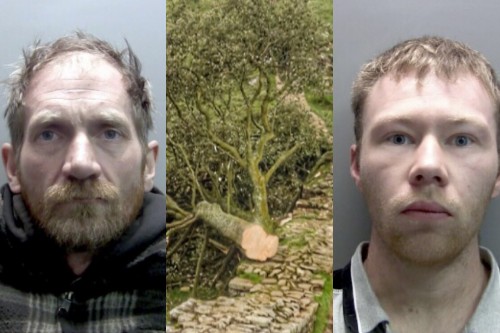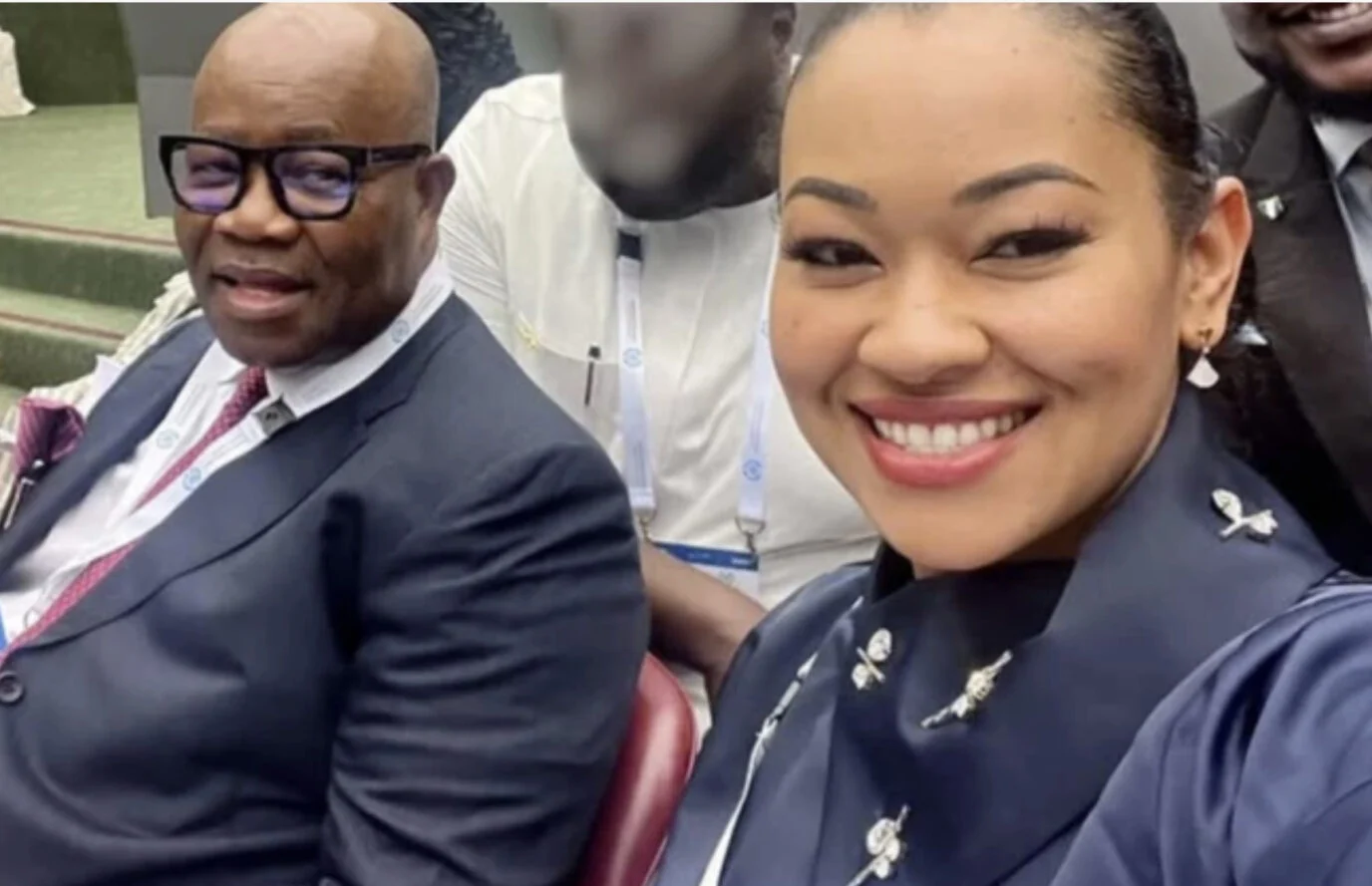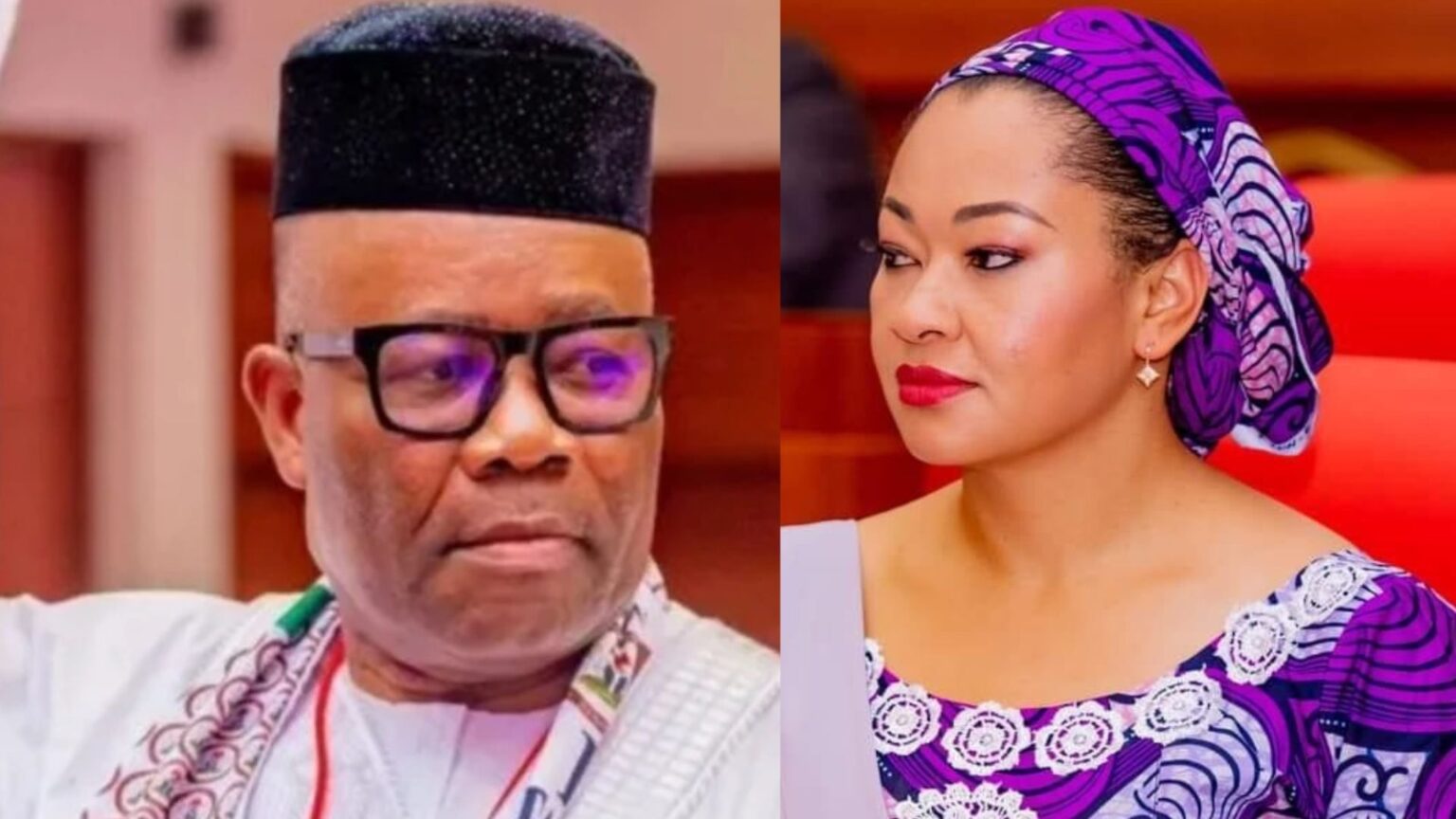Nigerian Ambassador to the Benin Republic, Lt Gen Tukur Buratai (rtd), has canvassed for strong and innovative think thank as a panacea to Nigeria Development.
Speaking at the groundbreaking ceremony of Tukur Buratai Research Centre, TBRC, at the weekend in Keffi, Nasarawa State, the former Chief of Army Staff said TBRC will fill the vacuum in the area of research and policy development, especially in the areas of security and defence, peace, conflict management, climate change, leadership and development.
Buratai explains that his passion for human capital development was borne out of his genuine desire to give back to the system and contribute his own quota.
“One may want to know why a retired General cum diplomat will decide to collaborate with a university to set up a think-tank like TBRC. Since this a straight question, I will respond with an answer that is precise and straight to the point. It was W.H Auden who said that “We are here on Earth to do good to others. What others are here for, I don’t know.” My simple philosophy about life is to continue to live a life of value by improving on the system that we have, and as someone coming from the military, I reckoned that the best way for me and my associates to add value to our society and make our country better and stronger is through a think-tank like TBRC.
“Let me make it categorically clear to us that one of the factors that helped the Organisation for Economic Cooperation and Development (OECD) countries is strong and innovative think-tanks.
As far back as 1831, the Duke of Wellington set up the Royal United Services Institute for Defence and Security Studies with the aim of helping policymakers navigate through complex policy problems.
Then the London Fabian Society which got established in 1884, home to Sydney and Beatrice Webbs, who later founded the London School of Economics. In 1919, scholars like Lionel Curtis of Oxford University spearheaded the establishment of a think-tank to explore international problems and advocate policy solutions.
“After that, we saw the emergence of the Carnegie Endowment for International Peace in 1916, which in 1927, merged with two other institutions to form the widely acclaimed Brookings Institution. I believe that there exists a gap in our polity that “TBRC as a think-tank can fill through research and policy development especially in the areas of security and defence, peace, conflict management, climate change, leadership and development.” He said.
To Buratai development in every sector of our national should not be left alone for the government.
He says all hands must be on deck if we are to achieve the Eldorado we crave for.
“We need development in every sector of our national life, and this is something that should not be left for the government alone to do. As I have said in so many fora, there can be no real development without security and peace, and in the same vein, there must be economic opportunities, equity and justice for security and peace to exist which in turn serves as the foundation or pillars of development.
“TBRC will devote attention to the interplay between these critical factors taking cognisance of our environment and its peculiarities with a view to coming up with policies that can help the government. Our objective is geared towards a more secured and better Nigeria for all Nigerians.
“Increased productivity, improved socioeconomic well-being, increased income, infrastructure development, job creation, and improved quality of local produce for both domestic and international markets remain the hallmarks of a well-thought-out research initiative and development agenda by a prosperous nation led by a visionary/corrupt-free leader.
The anticipated benefits of a functional research and development program include training people with the necessary capacity to conduct economic tasks with an appreciable degree of skill, hence achieving maximum production. These capacities include equipping individuals with the knowledge, skills, and abilities necessary to successfully harness and exploit the potentials found in their surroundings.
Nigeria’s current situation demonstrates that it is a populous nation with a plethora of potentials but insufficient capabilities to transfer these potentials into socioeconomic reforms.
“Evidence abounds in nations throughout the world that house research centres dedicated to developing necessary initiatives and or strategies that will aid in mitigating development issues and maximizing environmental potential. While a few of nations have achieved significant milestones and or breakthroughs in this area, many others are still struggling to find their footing in terms of designing mechanisms by which their potentials can be fully realized.
“Research entails an in-depth investigation of an object or situation with the goal of promoting development and progress. It is a process that involves the collection of reliable and usable information and data on the subject of the research, as well as the analysis of the data acquired in order to reach a legitimate conclusion. Thus, the primary purpose of research is to uncover answers to important questions targeted at resolving societal problems.
To Buratai, Leadership is a characteristic, nor a title. Leadership is about encouraging others to live the organization’s vision, mission, and values.
“I must say that research and well-informed policy frameworks are indispensables to those in the positions of leadership. We leave in a globalized world and things now move with breakneck speed.
“The world of today is no longer an environment that responds to those who have military might or have numerical strength; it also doesn’t give a damn if a country has an armada of natural resources like the one we have in Nigeria. “Sometimes, I picture those in positions of leadership as sailors of a ship cruising on the ocean, supposedly taking their people to the Promised Land.
“Today’s world simply responds and obeys those who are well informed and those who have fool-proofed policies.
“This is why research centres and think tanks like TBRC are critical to the success of every leader. There is no gainsaying the fact that leadership without well-informed and foolproofed policies will lack clear vision and direction. This is the major cause of setbacks in most African nations.” He said.

 BIG STORY4 days ago
BIG STORY4 days ago
 BIG STORY5 days ago
BIG STORY5 days ago
 BIG STORY4 days ago
BIG STORY4 days ago
 BIG STORY20 hours ago
BIG STORY20 hours ago
 BIG STORY4 days ago
BIG STORY4 days ago
 BIG STORY4 days ago
BIG STORY4 days ago
 BIG STORY5 days ago
BIG STORY5 days ago
 BIG STORY3 days ago
BIG STORY3 days ago























